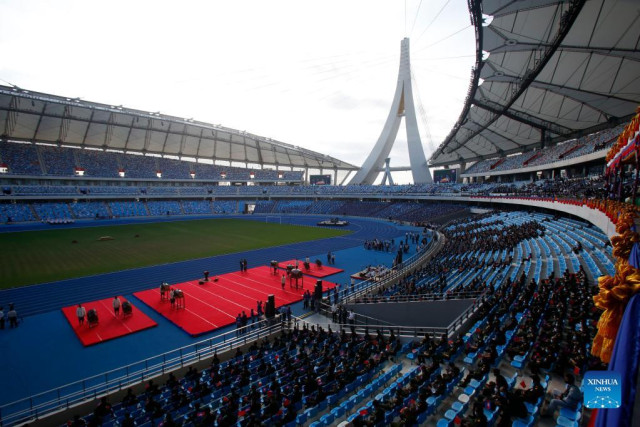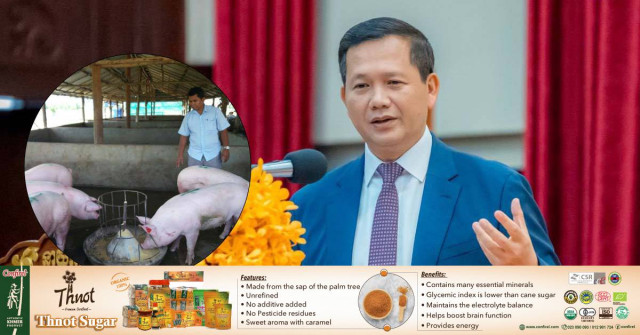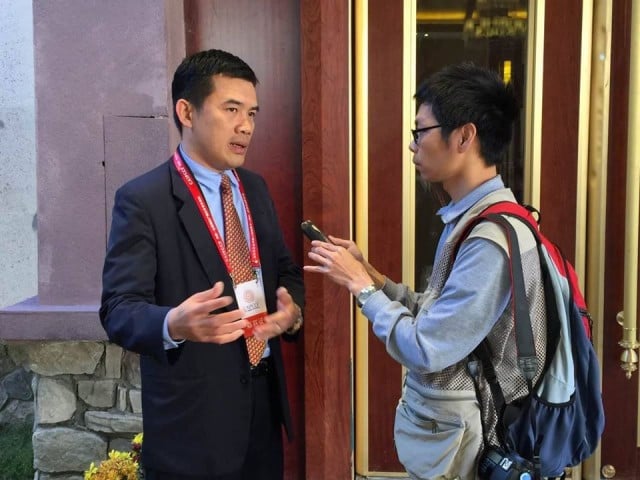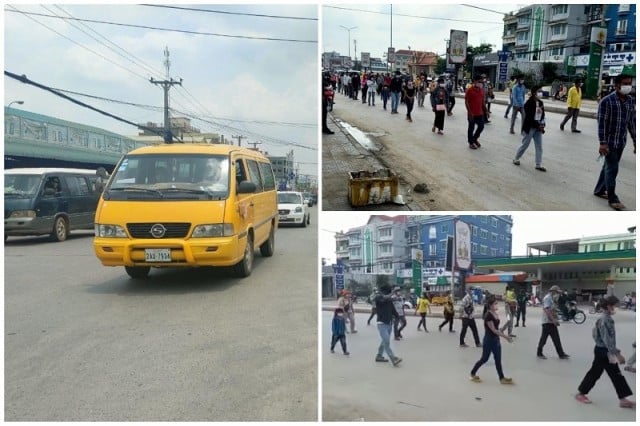SEA Games to Benefit Cambodia’s Economy

- By Ou Sokmean
- April 26, 2023 9:50 AM
PHNOM PENH – The Southeast Asian Games (SEA Games) 32nd edition, which Cambodia hosts for the first time from May 5 to 17, will help boost the economy, experts said.
Ky Sereyvath, an economist at the Royal Academy of Cambodia, expects this historic event to attract international tourists to Cambodia and boost the country’s image on the regional stage, which can eventually lead to more foreign investments.
“In addition to showing a good image, Cambodia will also earn revenue from companies advertising during the competition and from the spending of people during the sports events, whether they are Cambodian or foreigners,” he said.
To ensure that a maximum of people could either attend or watch the multi-sports regional competition, the Cambodian government decided to waive the admission fees for all types of sports at the event and provided free broadcasting rights to the media.
“When tourists come to Cambodia, they will have to pay for travel, accommodation, and meals. All these activities return money back to Cambodians and to the national economy, through tax revenue,” Sereyvath added.
“Overall, the SEA Games will improve the national economic activity,” he said.
Nevertheless, giving up entrance fees and broadcast rights came at a cost. While one of the first proposed budgets, in April 2022, estimated that the government would spend $30 million on the sports event, the current budget stands at $131.
The latest increase took place on April 24 after Hun Sen announced that all sports delegates’ expenses would be covered. A $7 million surge that summed up to the former $124 million budget.
Delegations traditionally pay a daily fee of $50 per person to the host country of the competition to cover the cost of accommodation, food and transportation within the country. But Cambodia “will fully cover for them,” Hun Sen said.
Ky Sereyvath said that for Cambodia to get more economic benefits from the SEA Games, local producers, especially small and medium enterprises (SMEs), should try to increase their ability to produce souvenirs related to the sporting event.
Ideally, these souvenirs should be made of wood or any locally sourced raw material and processed by Cambodians, he added.
Hong Vannak, an economist at the International Relations Institute of Cambodia, said that local Khmer producers should take advantage of Cambodia getting regional attention to show their products at each location during the SEA Games, whether they process cashew nuts, fruits, snacks, kramas or statues.
He thinks that following the SEA Games, Cambodia will gain more notoriety on the regional stage.
“This year and beyond, there will be a rapid increase in the number of visitors, as well as a surge in foreign investments,” he said.
According to Vongsey Visoth, the Secretary of State of the Ministry of Economic and Finance, speaking at the public forum Macroeconomic Management and the 2023 Budget Law held in Phnom Penh on Jan. 25, Cambodia may spend over $200 million to host the SEA Games.
If so, it would be the most expensive SEA Games since 2015 when Singapore spent about $200 million on the competition. By comparison, Vietnam spent $32.8 million in 2022 (the competition initially scheduled in 2021 was postponed because of the pandemic), the Philippines $147 million in 2019, and Malaysia $101 million in 2017.
Originally written in Khmer for ThmeyThmey, this story was translated by Te Chhaysinh for Cambodianess.















